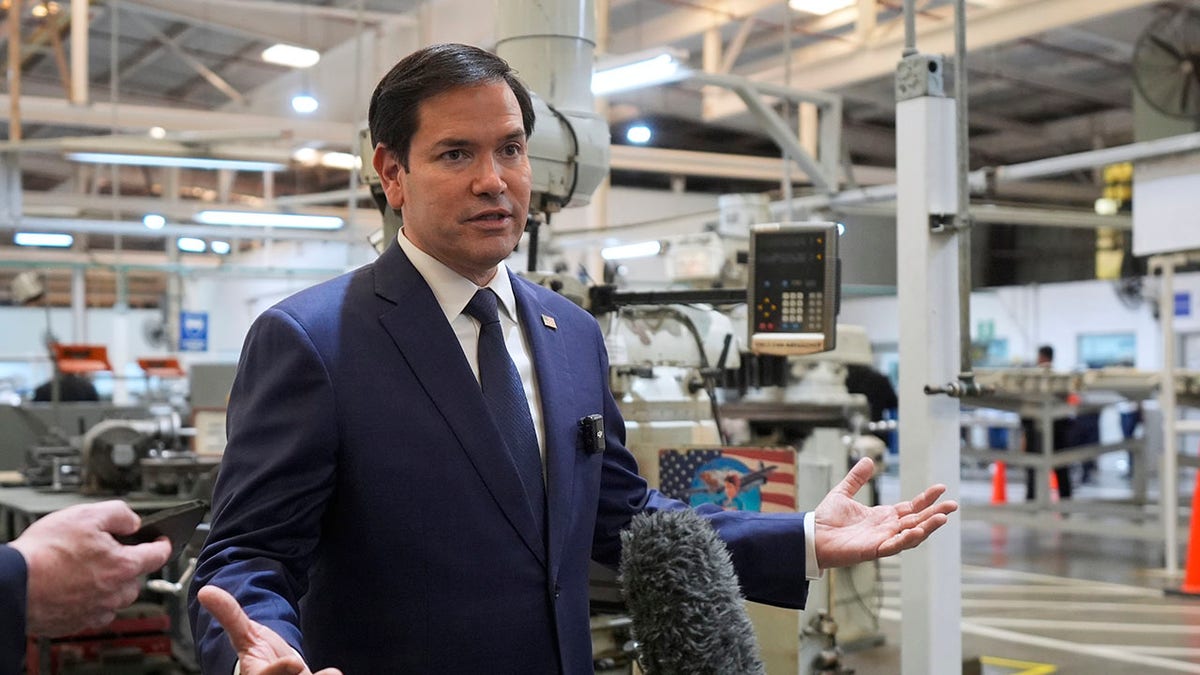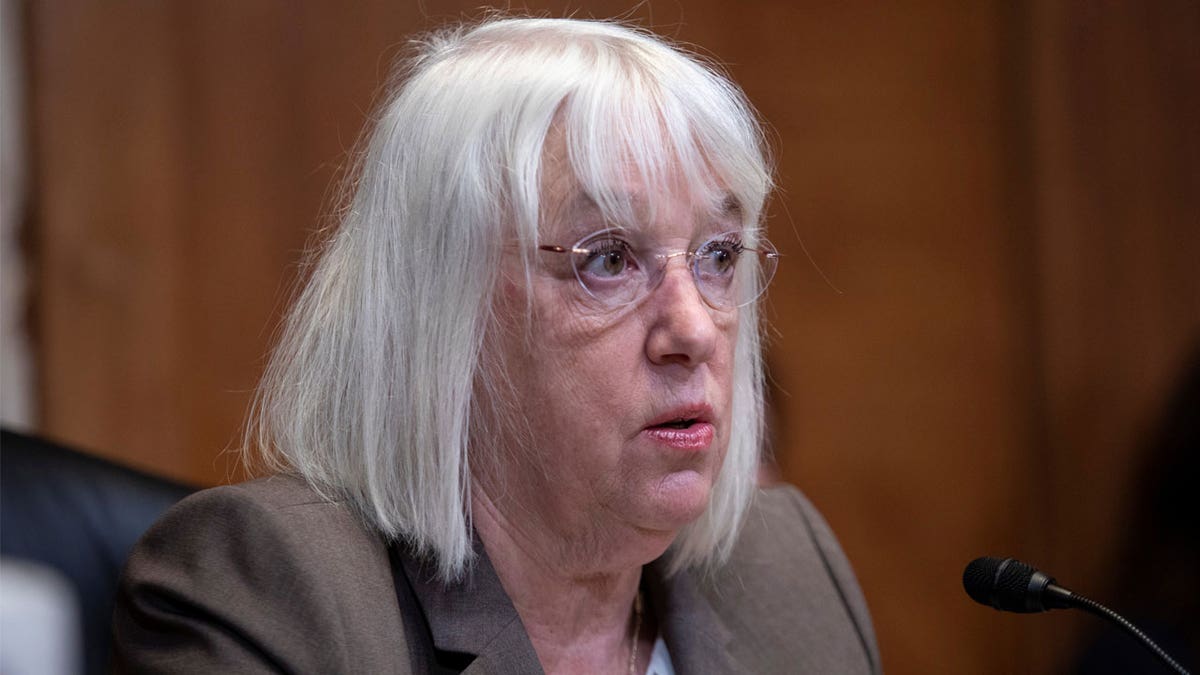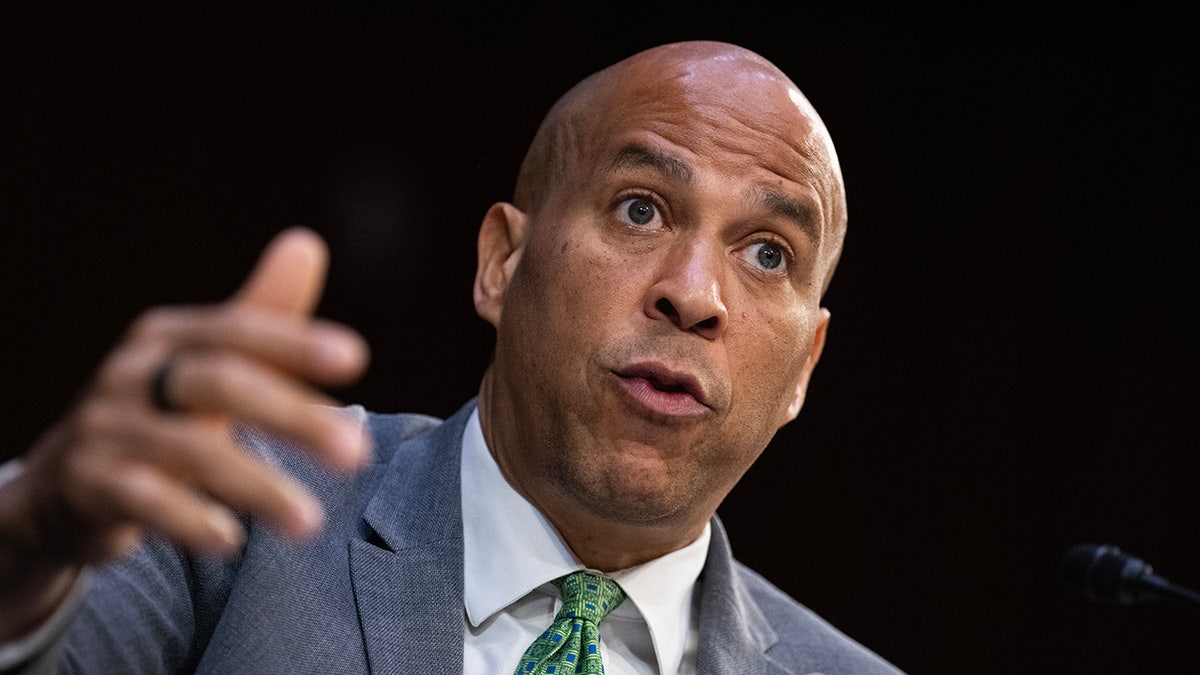A recent NFL game highlighted an obscure rule allowing referees to award a touchdown for “palpably unfair” repeated penalties. This incident sparked a comparison to the ongoing political battle over spending authority between the executive and legislative branches. While a referee can enforce penalties on the football field, there’s no such mechanism in government, leaving voters as the ultimate arbiters.
The controversy centers on President Trump’s efforts to freeze congressionally approved funds, a move critics argue violates Article I, Section 9 of the Constitution, which grants spending power to Congress. This constitutional clash has been further fueled by Elon Musk’s “U.S. DOGE Service,” a team tasked with identifying spending cuts. While DOGE can’t unilaterally reduce spending, its existence underscores the administration’s commitment to fiscal restraint.
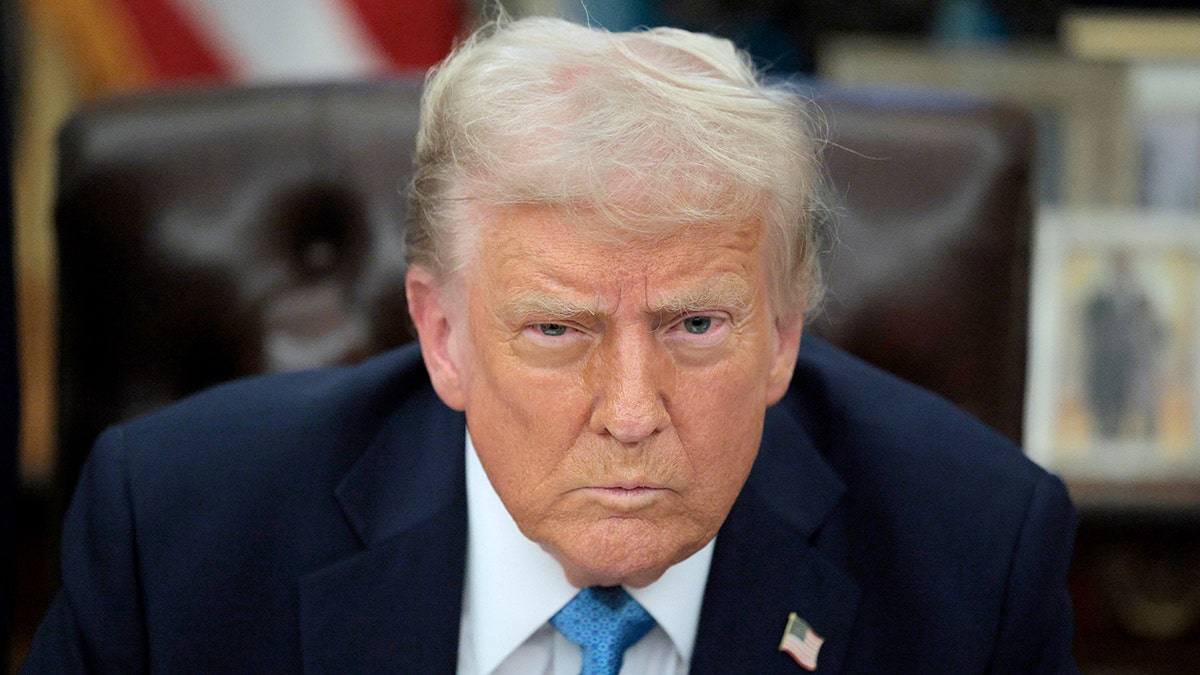
The administration's freeze on federal grants and loans sparked bipartisan concern. While some Republicans, including Senate Majority Leader John Thune, viewed it as standard practice for a new administration, Democrats expressed alarm, calling it a constitutional overreach. A judge even issued a restraining order, citing potential “irreparable harm” to federal agencies.

The closure of USAID and Musk’s call for its elimination further intensified the debate. Democrats protested the move, emphasizing that Congress, not the executive branch, has the authority to alter or abolish agencies. Secretary of State Marco Rubio’s declaration of control over USAID added another layer to the conflict, asserting the State Department’s oversight of the agency.
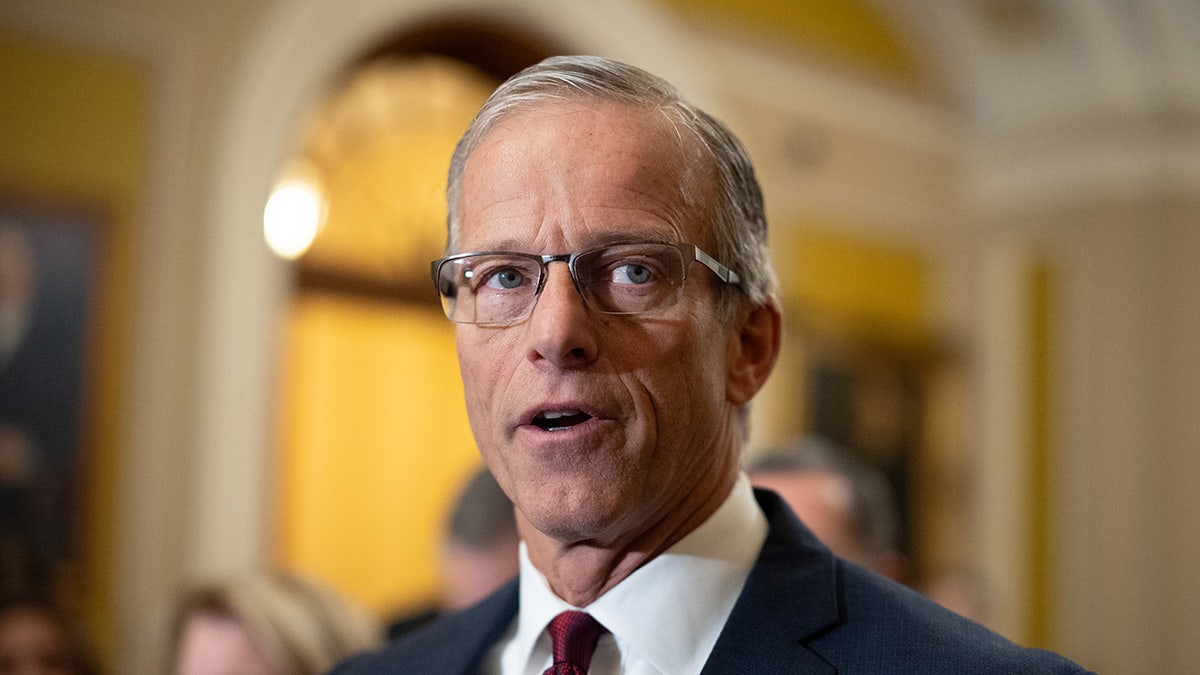
House Speaker Mike Johnson highlighted the need for savings to offset the cost of renewing the Trump tax cuts. Meanwhile, House Transportation Committee Chairman Sam Graves acknowledged the impact of the freeze on state transportation projects. With a looming government funding deadline, Republicans may require Democratic support, but the ongoing spending power struggle could complicate negotiations. Sen. Patty Murray, the top Democrat on the Appropriations Committee, expressed deep distrust, further clouding the path to a resolution.
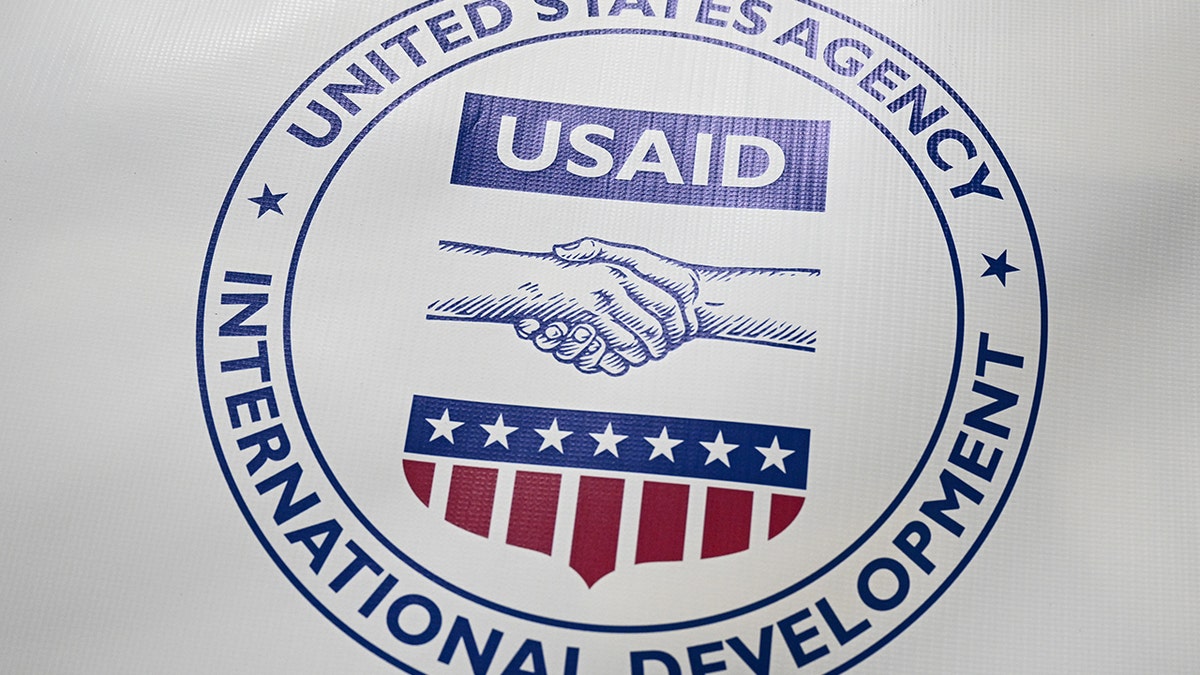
Unlike in football, there's no immediate solution to this constitutional standoff. Legal battles and political maneuvering will likely continue for years. Ultimately, it will be up to the voters to decide whether the administration’s actions are acceptable, a judgment they won’t have the opportunity to render until the next election.
